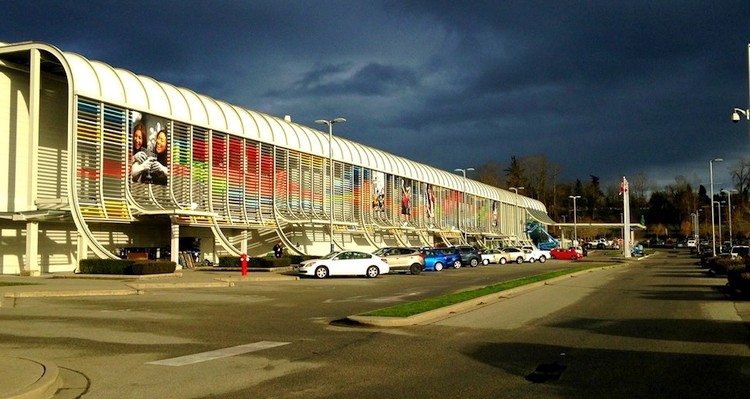There have been recent allegations that casinos in British Columbia have been used by criminals for money laundering purposes. While Canada has taken steps in recent times to tighten its anti-money laundering policies, the Civil Forfeiture Office (CFO) has alleged that money laundering continues to be a problem for B.C. casinos and filed a case on the 15th of January in the BC Supreme Court.
The lawsuit accuses Gerald John Collins and Michael John Mancini from engaging in money laundering activities,which are alleged to have taken place in 2015 at a B.C. Casino. The director from the forfeiture office wants a forfeiture of a 2014 Chevrolet Camaro and CAD$70,800.
The incident in question occurred on the 5th of October 2015, when the Royal Canadian Mounted Police (RCMP) investigated a complaint of an erratic driver near the Chances casino. The RCMP located Mancini’s car parked in a handicap spot and upon questioning, Mancini found him with CAD$3,775 in cash. When questioned, Mancini went on to tell the RCMP that he had won more than $300,000 during the last 8 months playing slot machines at B.C. casinos.
According to the lawsuit, Mancini also showed the RCMP a cheque for CAD$13,250 which was issued by the Lake City casino. The police were forced to seize Mancini’s car since he did not pass his sobriety test. The RCMP would once again pick up Mancini on the 15th of December, after getting a warrant and upon searching his car found a total of $25,405 in cash, illegal radar detection equipment, crack cocaine and a number of pills.
Collins is also suspected to be part of the money laundering scheme as he is alleged to have been in the process of selling his car to Mancini during the time of the search. Both Collins and Mancini have denied these allegations and their defence team maintains that Mancini is a bonafide gambler who won all his money legally at the casinos.
RCMP stated that its investigation revealed that Mancini had won around CAD$2,189,880 from B.C. casinos between November 2014 and October 2015 and alleged that Mancini’s was using casinos to launder money.
The BC Lottery Corp. (BCLC) stated that it was deeply troubled by these allegations and issued a statement which said “It is completely unacceptable to BCLC that our facilities be used in any way to launder money. BCLC is not aware of all details or extent of the evidence the CFO [Civil Forfeiture Office] intends to use to prove its case. However, we are using the information we do have about the case to review our money-laundering countermeasures.”
The Financial Transactions and Reports Analysis Centre of Canada (Fintrac), which looks into financial irregularities, received 1,508 reports from B.C. casinos of suspicious transactions and 36,000 notifications of high value cash transactions during 2015. Fintrac was not willing to confirm if a B.C casino has been hit with a penalty for money laundering in 2015.


